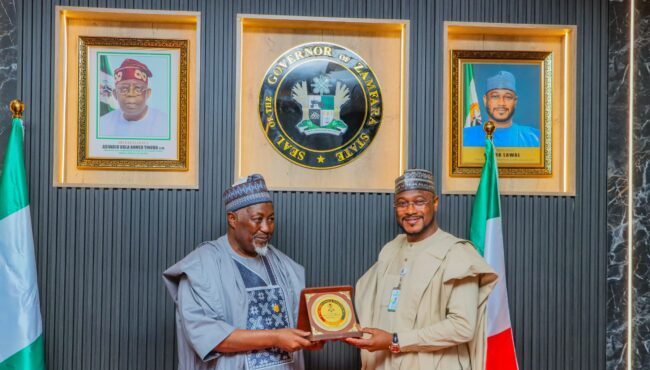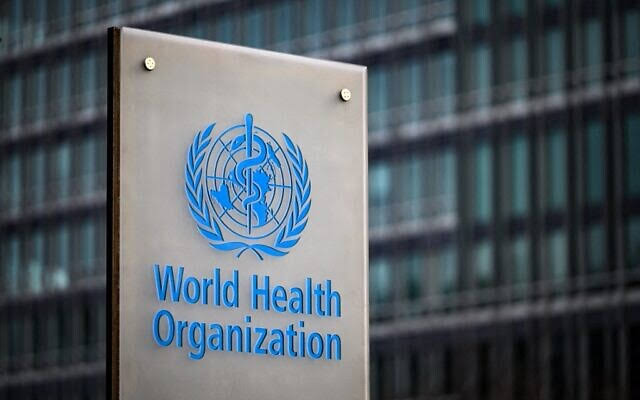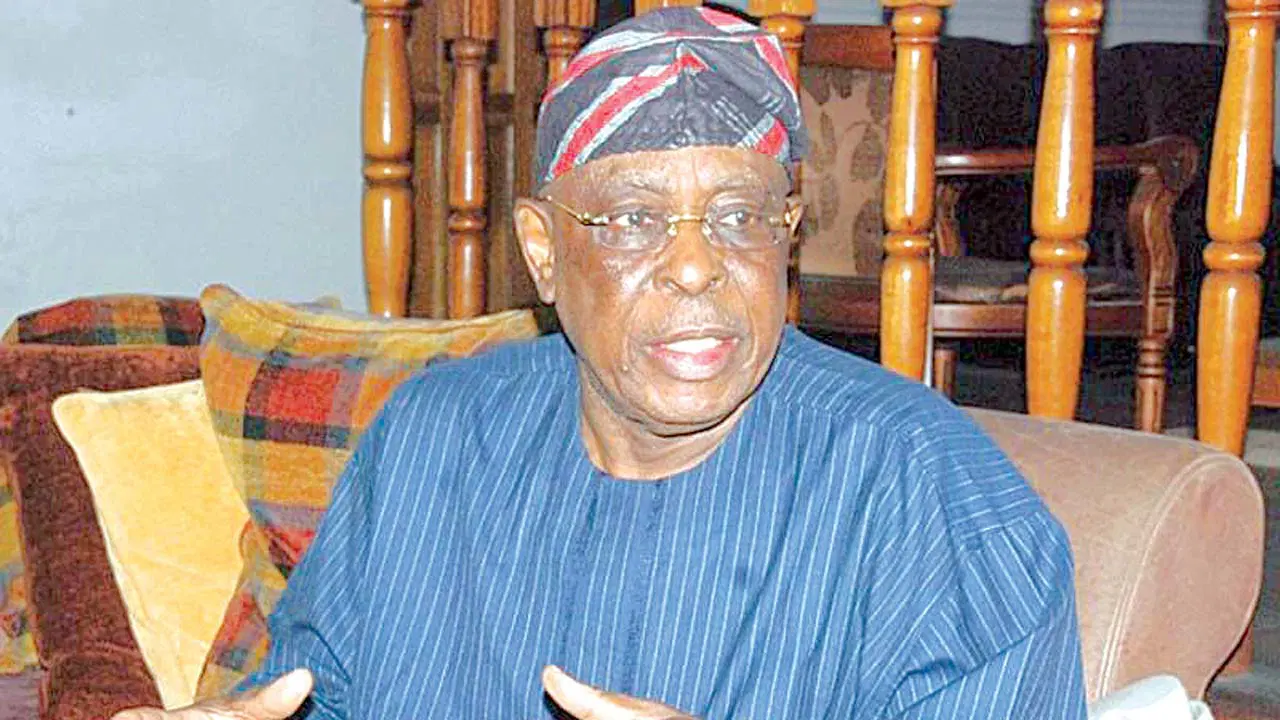The Federal Government, through the National Primary Health Care Development Agency (NPHCDA), has stated that it will prioritize high-risk groups, such as health workers, laboratory workers, and immediate contacts, in the mpox immunization campaign.
The Executive Director of NPHCDA, Dr. Muyi Aina, disclosed this on Thursday while answering questions from the media at the end of a press briefing commemorating World Polio Day.
Dr. Aina explained that due to the limited number of doses of the mpox vaccine, the campaign will prioritize locations in high-risk areas, especially centers that diagnose mpox, including health workers, laboratory workers, and immediate contacts of mpox cases.
During the press briefing, Dr. Aina noted that Nigeria has recorded significant progress in the fight against viral diseases, with a notable reduction in cases since 2021. He stated that the country has made strides in vaccination programs, reaching millions of children across the nation.
“We have made significant progress, but we cannot afford complacency. Continued support and cooperation are vital to achieving our goal of eradicating viral diseases,” he said.
“The NPHCDA has commenced vaccination programs targeting high-risk areas and is digitally integrating thousands of children into its database. The agency has also renovated over 240 Primary Health Care centers and enhanced community engagement through outreach programs and education,” he added.
Dr. Aina emphasized the importance of innovation, research, and international cooperation in combating viral diseases. “We must continue to innovate and find new solutions to address emerging challenges,” he remarked.
“The NPHCDA has also launched initiatives to promote vaccine acceptance and address misinformation, with community leaders playing a critical role.”
ALSO READ: Works Ministry: Reps committee gives perm sec five-day ultimatum over N1.4bn road contract
“Community leaders are instrumental in promoting vaccine acceptance and addressing misinformation,” Dr. Aina noted.
Nigeria’s progress in eradicating viral diseases is a testament to the power of collective action. The NPHCDA has collaborated with international organizations, local institutions, and healthcare workers to achieve this milestone.
The agency’s efforts have saved countless lives, and the NPHCDA remains committed to transparency and accountability, ensuring that resources are utilized efficiently.
To achieve this goal, the NPHCDA is strengthening healthcare infrastructure, enhancing community engagement, and leveraging innovative technologies. Digital surveillance systems have greatly aided the response to outbreaks.
Furthermore, the agency is expanding its research capabilities to better understand viral diseases and develop effective treatments.
International cooperation is essential for sharing knowledge, best practices, and resources. The NPHCDA is working closely with neighboring countries and global health organizations.
The future of public health depends on our ability to work together, adapt to emerging challenges, and prioritize the well-being of all individuals.
As Nigeria continues to make progress, Dr. Aina urged stakeholders to remain committed. “Let us maintain momentum, learn from our successes and setbacks, and strive towards a healthier future.”
Similarly, the World Health Organization’s Country Representative, Dr. Walter Kazadi Mulombo, praised collective efforts, noting that more than 20 million people are walking who would otherwise have been paralyzed by this dreadful disease.
He disclosed that billions of children have been protected with lifesaving immunizations, and five of the six World Health Organization regions, including AFRO, are free from wild poliovirus.
“The work of the polio program is now concentrated in some of the most complicated and fragile settings. Challenges in reaching all children with vaccines are serious, ranging from persistent violence and concealment to refusals and climate emergencies.
“The transmission of polio in conflict-affected areas such as Gaza, Sudan, and Yemen is a stark reminder that where conflict debilitates health and sanitation systems, polio will inevitably appear unless we eradicate all forms of the virus.”
“The widespread presence of circulating vaccine-derived poliovirus type 2 (cVDPV2) globally reiterates the reality that as long as polio exists anywhere, all countries will remain at risk.
“That is why this year’s World Polio Day presents an opportunity not just to celebrate progress but indeed to re-garner support and commitment at all levels to finish the job once and for all.”
“The heroic achievements of volunteers, community workers, religious leaders, and traditional leaders, as well as those who perished in the course of their duty to eradicate the polio virus, should continue to be acknowledged and recognized.”
“In Nigeria, we have witnessed over a 38% decrease in circulating variant poliovirus type 2 cases between 2023 and 2024. This signifies the great efforts by the government and its partners to interrupt the cVDPV2 outbreak,” he added.

 2 hours ago
4
2 hours ago
4







